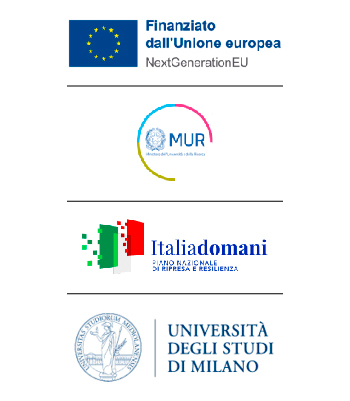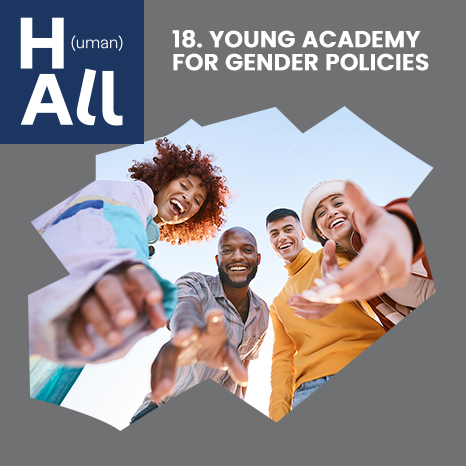ACADEMIC INCLUSION
Protection of the right to education and academic freedom: this is the focus of the project that aims to promote the inclusion of international students and teachers in the Università degli Studi di Milano.
How? Planning training modules for students and teachers to promote integration and social inclusion in the University, organizing analytical seminars about the current geopolitical international situation, developing training programs for sector operators and companies, with the aim to promote cooperation between companies, institutions, peope of foreign origin.
TEAM
WHAT DO WE DO
initiatives
SUPPORT COMMUNITIES TO PROMOTE THE DEVELOPMENT
Interview with Antonella Baldi, Full Professor in Animal Nutrition and Guido Sali, DEPUTY RECTOR OF THE COOPERATION IN THE DEVELOPMENT OF THE AGRO-FOOD AND ENVIRONMENTAL FIELD AND full professor of Economy and Rural estimate
Which are the goals of the project?
Sali – The project is about development cooperation. It takes shape thanks to integration, enhancement of skill and the support to those communities that come from poor countries to Italy, developing here their own realities.
How is integration interwoven with skills?
Baldi – A central aspect of the project is the one about training, both for the sector operators and for the companies interested in the upskilling or reskilling of their human resources to improve the cultural mediation and their communication. In short, we need to guide both the students and the companies that will hire them.
Sali – Integration is an added value for people, communities, and the country. Inclusion passes by the creation of a community and a cohesive social body.
What’s the added value of Human Hall?
Sali – Even if the topics of this Hub seem distant, they all come together in the theme of human rights. This gives a clear identity to all its aspects, allowing to reach concrete goals.
Baldi – All the topics of Human Hall are part of the same project, and they belong to a common context: the aim is to value the talents and skills of vulnerable people. We analyze human rights from different points of view, but the idea of inclusion is similar in all the projects of the Hub: it is not a welfare inclusion, but an active one.
Which are the goals of the project?
Sali – The project is about development cooperation. It takes shape thanks to integration, enhancement of skill and the support to those communities that come from poor countries to Italy, developing here their own realities.
How is integration interwoven with skills?
Baldi – A central aspect of the project is the one about training, both for the sector operators and for the companies interested in the upskilling or reskilling of their human resources to improve the cultural mediation and their communication. In short, we need to guide both the students and the companies that will hire them.
Sali – Integration is an added value for people, communities, and the country. Inclusion passes by the creation of a community and a cohesive social body.
What’s the added value of Human Hall?
Sali – Even if the topics of this Hub seem distant, they all come together in the theme of human rights. This gives a clear identity to all its aspects, allowing to reach concrete goals.
Baldi – All the topics of Human Hall are part of the same project, and they belong to a common context: the aim is to value the talents and skills of vulnerable people. We analyze human rights from different points of view, but the idea of inclusion is similar in all the projects of the Hub: it is not a welfare inclusion, but an active one.
Guido Sali, Antonella Baldi






















